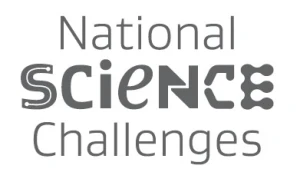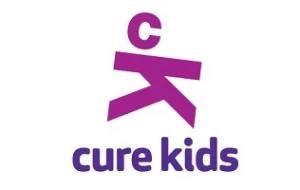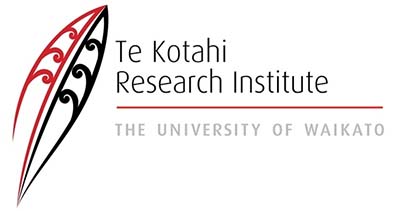
Research demonstrates that Māori are overrepresented in a number of health and social parameters. There is also an increasing body of research, which highlight that these enduring issues can be traced back to the impact of colonisation culminating in issues of of cultural disconnection, isolation and marginalisation.
Traditional Māori approaches of child-rearing are steeped in a collective responsibility, rather than conventionally promoted approaches whereby it is considered an individual endeavour. There are myriad reasons for this this collapse of the collective approach including the issues associated with the historical trauma, denial of language and culture and the imposition of a nuclear family model superseding whānau.
To improve outcomes for tamariki Māori, it is critical that these traditional approaches to Māori health be revived. Associate Professor Leonie Pihama, from Te Kotahi Research Institute at the University of Waikato, is leading a project concerning the place of mātauranga Māori (Māori knowledges) in the development of evidence-based, cultural interventions to improve the mental health and wellbeing of young Māori.
Dr Pihama, in the scoping of this project, has engaged numerous key contributors to community including Iwi organisations, Māori providers, health workers and social workers in schools. This scoping project has enlisted the help of many people and organisations who are committed to reducing unequal health outcomes for Māori.
The team will undertake 30 interviews with Māori and indigenous specialists, who have vast knowledge of culturally-based approaches to prevention and treatment of mental health issues. They will also undertake three whānau wānanga (to meet and discuss) to co-create and identify policy pathways and potential solutions to mental health issues experienced by tamariki Māori. These will be held at marae and will be co-facilitated by one whānau member and one research team leader.
Ultimately, utilising traditional methods around Māori health and child-rearing, Dr Pihama hopes to create mātauranga Māori-informed, evidence-based interventions to improve the mental health and wellbeing of young Māori.


